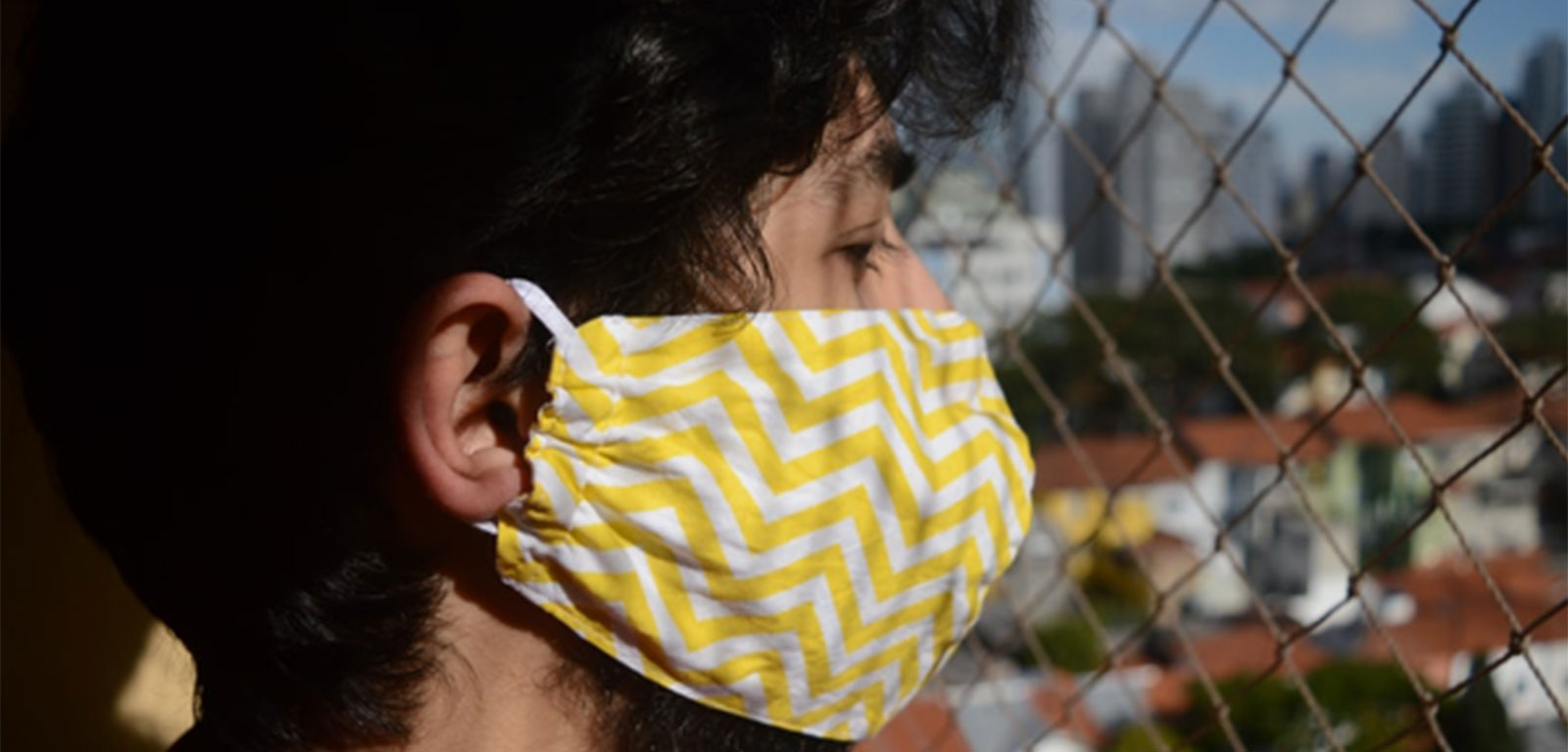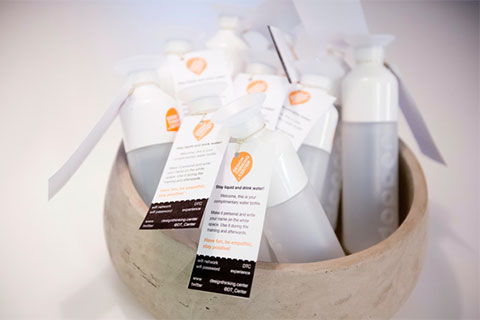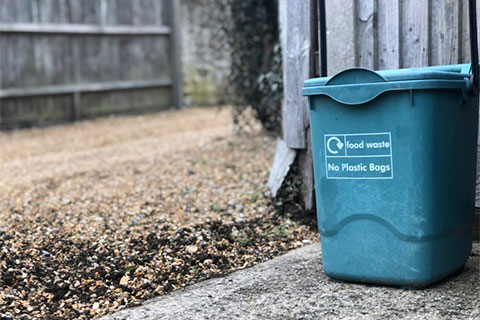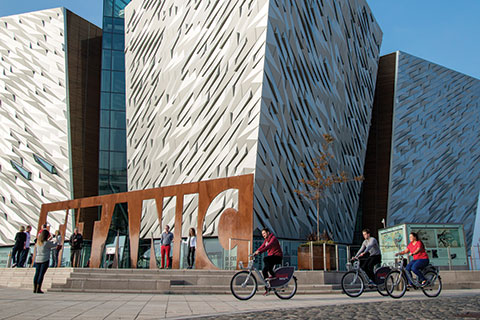Five ways to make this your eco-friendly year at Queen's
We can all do our bit for the environment, says Charlie Allen, so why not be a lean green climate change machine?

1. Reusable face masks
In some countries, face masks have been the norm for years – they block-out particles caused by high pollution. Now, they’re becoming a global fashion accessory to protect us and others during the pandemic and just as necessary as a comfy pair of shoes.
What is unnecessary, is the amount of waste created by disposable face masks. Reusable face masks are a great alternative, you can be creative and even design one yourself to stand-out from the crowd. Remember, a face mask provides optimal protection for up to around four hours. Plan ahead – think when you will have time to wash yours and make sure you have a plentiful supply of trendy masks with you at all times – you never know how long your uni day might last!

2. Reusable water bottles and KeepCups
Buying a reusable water bottle is another great way to reduce plastic waste. Just like with face masks, you can get some really cool designs. We are lucky in Northern Europe, all water here is potable – so, there is no need to drink bottled water for health reasons. What’s even easier is that there are plenty of water bottle-filling stations around Queen's campus, and many establishments in Queen’s Quarter will happily fill-up your bottle for free. A KeepCup is based on the same idea as your reusable water bottle. For all your non-water-based drinks, hot or cold. Similar to the water bottle, many establishments will happily use your KeepCup, but COVID-19 measures might apply.

3. Dispose of any waste responsibly
This part is key. If you have had to use something disposable, at least dispose of it correctly! Luckily, you will find various types of bins around Queen's and in your student accommodation. Various types of recycling bins can be found on campus and in student accommodation, you will find a glass bin and a food waste disposal bin. If you’re in a shared flat, you might want to incorporate this task into a rota you already have going for cleaning.

4. Your Carbon Footprint
Small and compact, Belfast is a walkable city but it still boasts a number of different public transport options: Bus, train and the eco-friendly Glider (it’s like a tram, but on wheels). So, there’s not much need to get a taxi everywhere. A recent addition to Belfast’s infrastructure is Belfast Bikes, which can be found across the city and there are multiple docking stations on campus. These public bikes can be hired from the docking stations and returned once you’re finished. Bike lanes are becoming more and more commonplace in the city, meaning you can cycle and worry less about cars and pedestrians. There are many ways to get into Belfast city centre, which lower environmental impact. While airlines carbon-offset their emissions for domestic flights, consider avoiding the skies completely with regular cross-border buses, and ferry links across the island of Ireland to Great Britain, the Isle of Man and Continental Europe.

5. Food glorious food
I’ve saved the best for last. With initiatives like Meat-Free Mondays and Veganuary becoming popular in recent years in response to people consuming less meat and dairy for environmental reasons, Belfast has adapted too. You can find vegetarian and vegan takes on the Ulster fry in Maggie May’s, treat your taste buds to falafel and hummus at Umi Falafel, as well as various vegetarian specials at everyone's favourite Mexican – Boojum!
Hopefully, you already do some, or all, of these things already. Let this blog post inspire you to find-out more about ways you can help the planet.
Check out the list of QUB societies to find ones with a green focus.